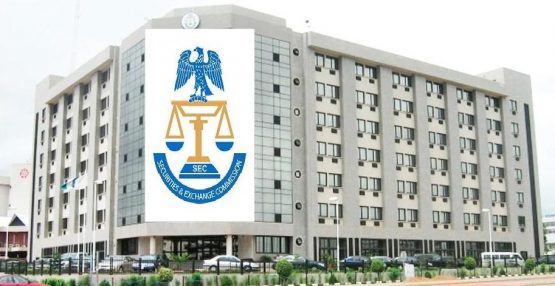Gunmen suspected to be members of armed criminal gangs on Thursday killed eight security personnel in Zamfara State, northwestern Nigeria, according to the state governor and the police.
Gatekeepers News reports that Zamfara is among several states in Nigeria’s northwest and central regions plagued by “bandits” — armed groups that for years have terrorised rural communities through kidnappings, cattle rustling, looting, and deadly raids.
The gangs operate from camps deep within a vast forest spanning Zamfara, Katsina, Kaduna, Sokoto, Kebbi, and Niger states, from where they launch attacks on villages and travellers.
The latest incident occurred when bandits ambushed a convoy of security personnel patrolling the Gusau–Funtua highway around 12:00 GMT.
“I just received sad news of the death of eight security men, comprising policemen and members of the Community Protection Guards, who were ambushed and killed by bandits along the Gusau–Funtua road,” Governor Dauda Lawal Dare said in a statement posted on Facebook.
The Zamfara State Police Command confirmed that five police officers were killed in the attack.
“Five gallant police officers paid the supreme price in the line of duty when they were ambushed by several armed bandits while on routine patrol,” the police statement said.
The police added that security forces engaged the attackers in a fierce gun battle, during which several of the bandits were “neutralised,” while others fled the scene. The statement, however, made no mention of the three members of the Community Protection Guards who were also killed.
Bandits often mount roadblocks along highways to open fire on vehicles, kill or abduct travellers for ransom, and loot property. Despite ongoing military operations since 2015 and previous amnesty programmes, attacks in Zamfara and neighbouring states have persisted.
While most of the gangs are driven by financial motives, security analysts warn that their growing cooperation with jihadist groups operating in Nigeria’s northeast could further worsen insecurity across the region.










